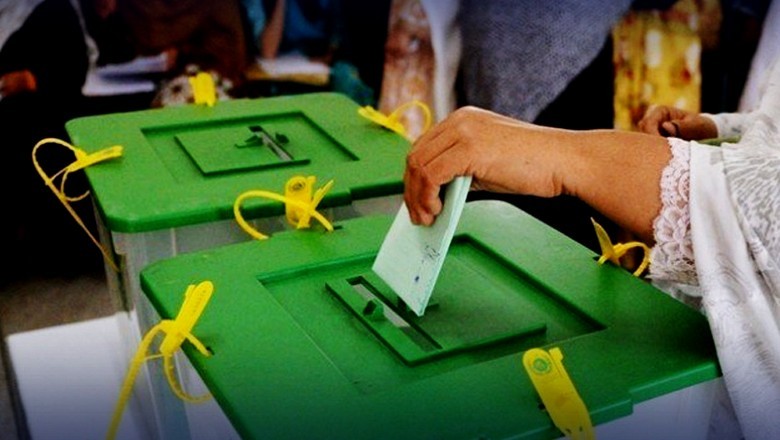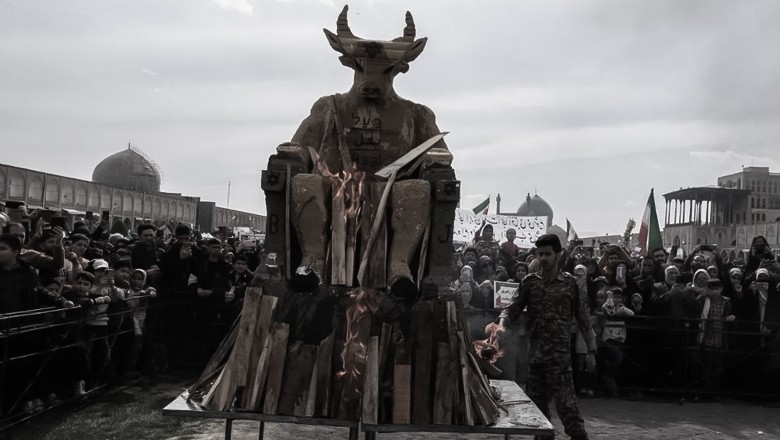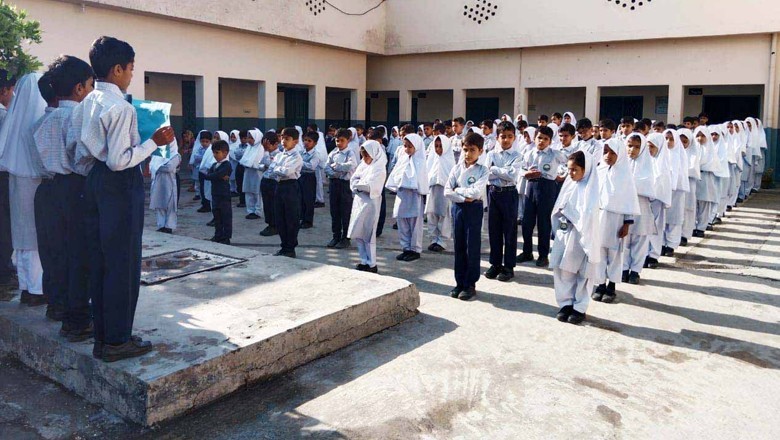Pakistan becomes the world's fifth-largest democracy

Web Desk
|
2 Feb 2024
Over half of Pakistan's population is registered to vote, with 128 million eligible to cast their ballots in upcoming polls scheduled for February 8.
The Free and Fair Election Network (FAFEN) report, "Electoral Rolls, General Election 2024," highlighted key stats contributing to a significant surge in registered voters. The report observes a noteworthy decrease in the gender gap in the voting rolls in Pakistan.
According to FAFEN, the number of registered voters has increased by a significant 22.5 million since 2018, with 12.5 million of these new voters being women.
The total number of registered voters in Pakistan reached a staggering 128,585,760 in 2024, representing a growth of 22.5 million voters compared to the 2018 elections (106,000,239) and 22.57 million compared to the 2013 elections (106,000,239).
The surge in registered voters on the voting rolls has catapulted Pakistan to the fifth largest democracy in the world, following Indonesia, India, the United States, and Brazil.
While 53.2% of Pakistanis are registered to vote, significant disparities exist across the country. All four provinces show varying voter-to-population ratios, which indicates uneven representation.
Punjab has the highest voter registration rate, with 57% of its residents registered. Next in line is Khyber Pakhtunkhwa (KP) with 53%.
Nearly half the populations of Sindh and Islamabad are registered voters. However, Balochistan has the lowest registration rate, with only 36% of its residents on the voting rolls.
The voter-to-population ratio calculated by Fafen only accounts for voters registered in native districts, not those registered on temporary addresses.
The disparity in voter proportions becomes more evident at district and constituency levels. Across the 136 districts examined by Fafen, 78 boast more than half their populations registered as voters.
Nine districts in KP and Balochistan have voter registration below 30%.
In National Assemblies constituencies, 159 out of 266 constituencies registered over 50 percent of their populations as voters
The count of registered women voters significantly reduced the overall gender gap from 12.4 million (11.8 percent) in 2018 to 9.9 million (7.7 percent) in the 2024 general election final rolls.
Since 2018, 2.5 million women have been registered compared to men among the 22.5 million new voters added.
The districts with a gender gap over 10 percent reduced from 85 in 2018 to 29 in 2024 and National Assembly constituencies with a gender gap above 10 percent decreased from 173 in 2018 to 38 in 2024.












Comments
0 comment